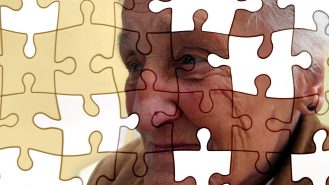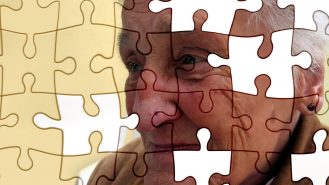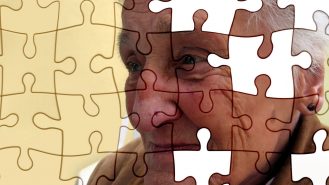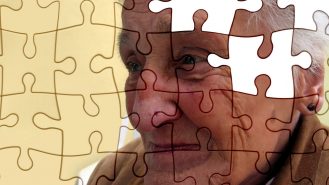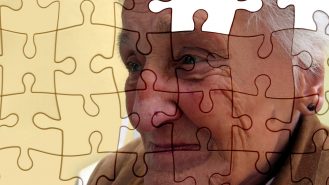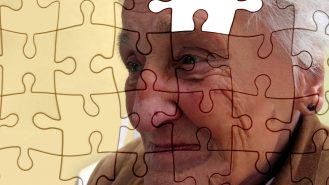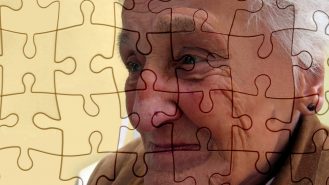Course organiser:Loanne Metcalf
Presenter:various
25 Sep:
Catherine Reid on 'New Zealand biogeography and recent fossil history:'Dr Reid is a Senior Lecturer in Geology at University of Canterbury. This talk will cover biogeography and development of key components of New Zealand flora and fauna from the time of rifting away from Gondwana. Particular attention will be paid to the evolution of the kiwi and moa, their evolutionary relationships and the ecology and extinction of the moa.
2 Oct:
Roger Fyfe on 'Peopling the Pacific: 'Dr Fyfe is Senior Curator of Anthropology at the Canterbury Museum. We shall hear the story of the discovery and settlement of the Pacific islands and New Zealand.
9 Oct:
Lisa Matisoo-Smith on 'The Longest Journey - From Africa to Aotearoa: 'Professor Matissoo-Smith is a Professor of Biological Anthropology at the Department of Anatomy, Otago University. Her talk will describe how Genetic studies indicate that all modern humans can trace our ancestry back to a common origin in Africa about 160,000 years ago. About 65,000 years ago some populations left Africa and started expanding across the globe. The final landmass settled by humans was Aotearoa/New Zealand, just 750 years ago. This talk will discuss and explain the use of mitochondrial DNA variation to reconstruct the process of human colonisation from Africa to Aotearoa and briefly describe the current study being undertaken on the genetic ancestry and diversity of New Zealanders.
16 Oct:
Roger Fyfe on 'Adaptation and Change within Aotearoa: 'Dr Fyfe will look at how, by the time the first Europeans arrived, the East Polynesian settlers of New Zealand had become recognizably Maori.
23 Oct:
Joseph Hullen on 'The continuing involvement of Ngāi Tahu and Ngāi Tuahuriri in Archaeology in Canterbury: 'Joseph Hullen is from Ngai Tahu. He says "The final display or storage of any taonga/artefacts and archaeological material is made in consultation with “Mana Whenua”. Mana Whenua means literally the people who hold the customary authority (mana) over a particular area (whenua). There is particular concern about discovery of Koiwi tangata (human skeletal remains) that they may receive dignified and appropriate cultural management. There is great interest in gathering information on the lives, activities, food, resource use, trails and camp sites of the ancestors."
